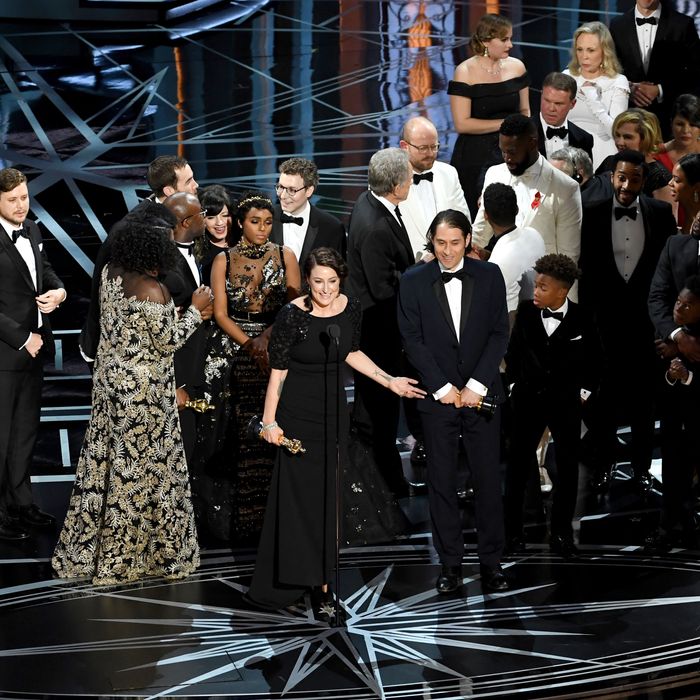

There could be 10,000 angels dancing on the head of a pin, or none, or both in the absence of some way to refute one assertion or another.īut I also think Musk’s remarks point to a broader cultural phenomenon ushered in by the prevalence of consumer electronics in general and advanced gaming in particular. Like Musk, I cannot see there being a problem in Bostrom’s logic. Musk builds cars and rockets, ostensibly, for profit. He’s a philosopher with the Future of Humanity Institute at the University of Oxford. It’s fine for Bostrom to engage in speculation guided by logic without recourse to a reality, base or otherwise, in which the truth of an assertion can be tested. There’s something more important at stake here.ĭefeasibility is a cornerstone of commonsense ideas about what is true or false-annoying, I know. And it’s not just a problem philosophically. “My view is that we don’t have strong enough evidence to rule out any of these three possibilities,” Bostrom told Goldhill shortly after Musk made his remarks at this year’s Code Conference. We are almost certainly characters living in a computer simulation.Civilizations with such technological capabilities are uninterested in running such computer simulations.Virtually all civilizations at our pace of development will go extinct before they reach the technological capability of creating ultra-realistic video games.For Bostrom, one of the following must be true-personally, I’m pulling for the second possibility-as glossed by Quartz’s Olivia Goldhill: Either way, as he contemplates the development of computing power from Atari’s Pong to sensory-rich virtual reality environments, he begs a question asked a little over a decade ago by the philosopher Nick Bostrom: What are the odds we don’t live in a computer simulation? Again, it’s just “one in billions” for Musk. Click to see Elon Musk's interview at Code Conference 2016įor Musk, reality is almost certainly a simulation run by 1) an advanced “posthuman” civilization or 2) an advanced alien civilization.


 0 kommentar(er)
0 kommentar(er)
